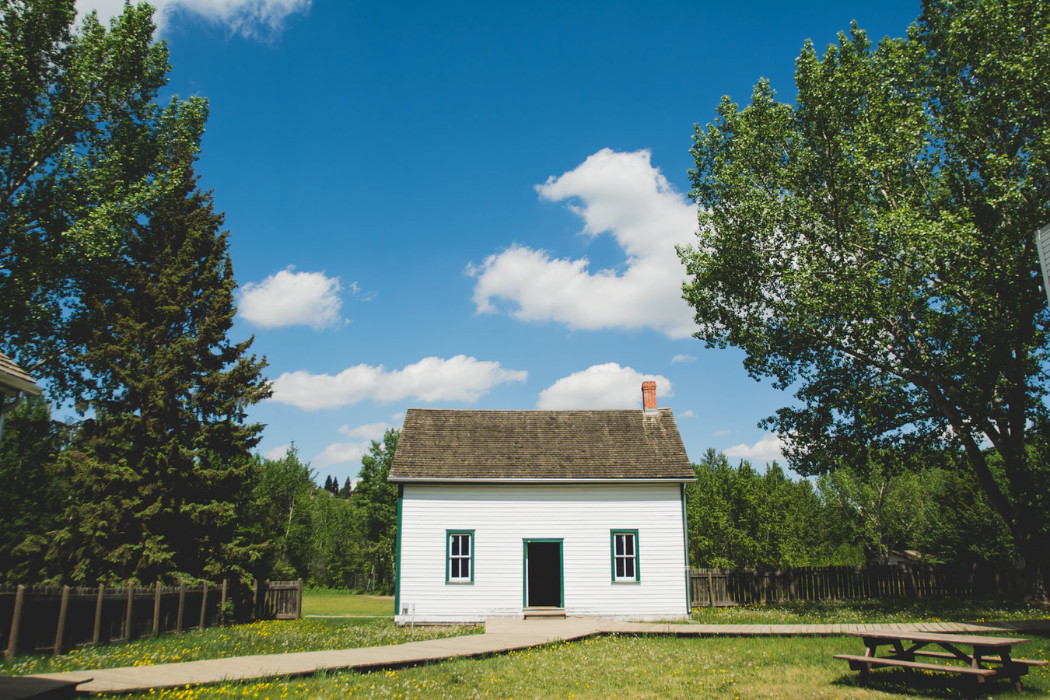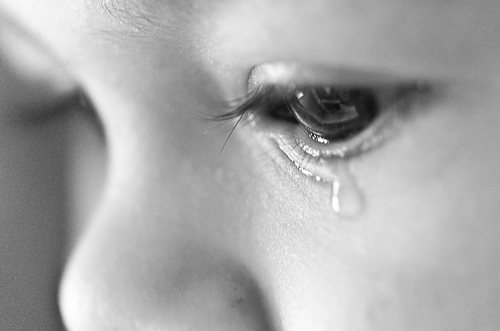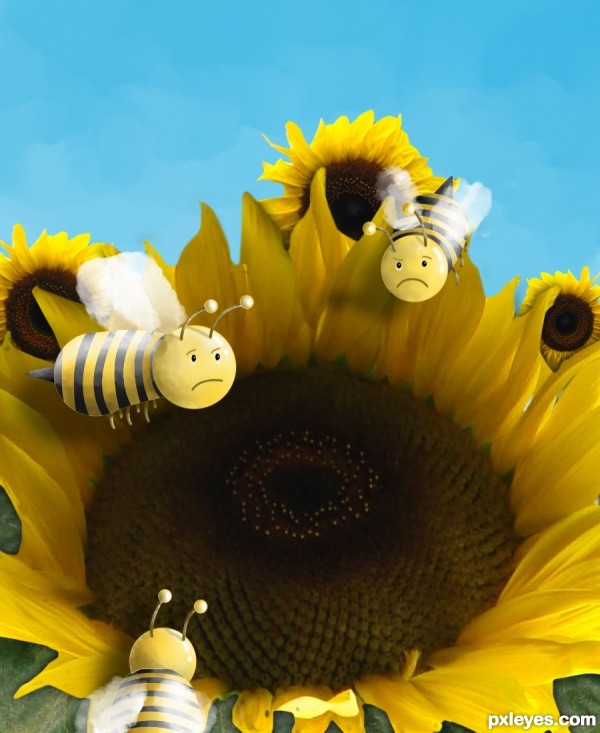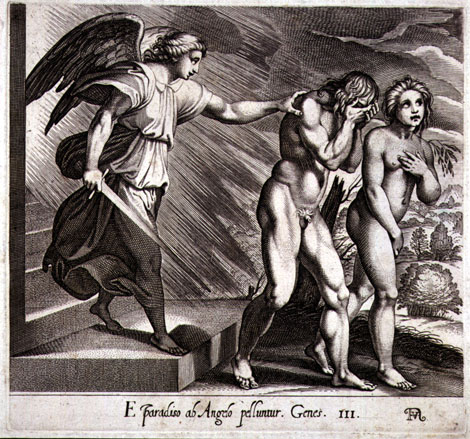ABOUT ANNE SEXTON: Awarded the Pulitzer Prize for poetry, an American, not forgetting to mention ‘a feminist’ poet, known for her highly personal, confessional verse, Anne Sexton (1928) is a name not so unpopular. She spent most of her childhood in Boston and found early acclaim with her poetry. Themes of her poetry include her long battle against depression, suicidal tendencies, and various intimate details from her private life, including her relationships with her husband and children. Sexton’s poetic career was encouraged by her mentor. She allowed the poems to be published only after her death in 1974.
SETTING OF THE POEM: ‘Her Kind’ is a short poem which, although not directly confessional, deals with the nature of the woman’s role in life and the alienation that can bring. It hints at death and sexuality. The poem attempts to capture this idea of the woman with multiple personalities, expected to conform to societal rules and norms yet unable or unwilling to restrict the self. The speaker of this poem is remembering all the things that she has been in the past: a lonely witch, a clutter-obsessed cave dweller, and the victim of persecution. Written by a feminist poet, the poem too, revolves around the subject of feminism and women equality.
Poetic Devices in Her Kind by Anne Sexton
Alliteration- black air, braver (line 2)
dreaming evil, I have done (line 3)
light by light (line 4)
warm caves in the woods (line 8)
learning the last (line 17)
where your wheels wind (line 19)
Refrain- I have been her kind
STYLE
I have gone out, a possessed witch, A
haunting the black air, braver at night; B
dreaming evil, I have done my hitch A
over the plain houses, light by light: B
lonely thing, twelve-fingered, out of mind. C
A woman like that is not a woman, quite. B
I have been her kind. C
Her Kind Analysis by Anne Sexton
The speaker, in the first stanza is acknowledging that she has been all three personas at some time in her life – the witch, the mother, the adulteress. The speaker has been a witch, metaphorically of course, possessed by a demon spirit, which immediately suggests that this persona is supernatural, inhabiting a world beyond normal thought and culture. The language is dark, weird and gothic. This is a woman of the night, the kind that take long journeys abroad when everyone else is tucked safely into their beds. She is pretty straightforward about her nighttime wanderings and her “hitch” is a fancy way of describing her flight over houses at night. The speaker follows her description of her nightlife up with a list of all the things which set her physically and emotionally apart from the rest of her community. And all those things add up to something which is decidedly ‘unwomanly’. The last line of the first stanza, ‘I have been her kind’ turns everything that comes before it on its head.
The second stanza takes the reader further out into the fairytale world and an alternative role to that of the suburban housewife. This could be the metaphorical witch discovering the caves. The first few lines of this stanza imagine the world of a woman who chooses not to participate in “normal” life.
The role of the lonely housewife, looking after the home and the kids, is brought into sharp focus in this second stanza. Although Sexton wrote this poem at a time when most women were expected to be queens of the domestic scene, the issue still resonates today.The speaker admits that she has experienced society’s wrong judgement. It’s almost like the speaker is creating her very own world – one that’s completely removed from the view of the rest of society.
The third stanza continues with the witch theme, this time introducing medieval torture and execution. Sexton here is presenting the reader with the idea that the speaker is the equivalent to a 17th century witch and that all women are potentially threatened by society if they are deemed unconventional or unworthy. She’s greeting the very world with her ‘nude arms’ that’s about to condemn her. In a bold sixth line the speaker claims that she is not ashamed to die because she has done no wrong. Society is to blame, for it forces individuals to live according to the society’s conditions and if they find fault then these individuals are put on trial, and ultimately thrown into the well of death. Once again, the speaker returns to her refrain, expressing her sense of identification with an unconventional woman. She’s outright defiant here. But she’s not about to back down from her beliefs or her sense of self.
TONE OF THE POEM: Sexton wrote openly about menstruation, abortion, masturbation, incest, adultery, and drug addiction at a time when the proprieties embraced none of these as proper topics for poetry. ‘Her Kind’ has tight rhyme and loose rhythm. The tone of the poem shifts from highlighting the women’s position in society to the speaker not turning a deaf ear towards it and embracing her own individuality, which is shown in the poem by using the refrain ‘I have been her kind’. The poem is penned down in a dark and supernatural theme. The word choices are as intense as the images, unique and unexpected in a fashion, and again full of the juxtaposition and shifting nature that pervades the entire poem.
CENTRAL IDEA: Being a feminist, the central idea of Sexton’s poem ‘Her Kind’ revolves around a strong and powerful ideology of feminism and leaves no stone unturned to highlight the miserable condition of the women in society. But, a feminist Anne Sexton, as she was, in this poem refuses to abide by the rules and doesn’t mind to die and live an alternate life for no fault of hers.
CONCLUSION: Through this poem Sexton has tried to present a larger picture of the injustices and negligence face by the women in society. It reflects upon the society’s naive and narrow mindset which has imposed restrictions on women and want them to live following their laid down rules. Not abiding by the rules, Anne Sexton ‘have been her kind’ and not afraid to do anything ‘out-of-the-norms’. Written in a dark and supernatural theme, the poem hits right on the point of the subject it has chosen to highlight.
Some online learning platforms provide certifications, while others are designed to simply grow your skills in your personal and professional life. Including Masterclass and Coursera, here are our recommendations for the best online learning platforms you can sign up for today.
The 7 Best Online Learning Platforms of 2022
- Best Overall: Coursera
- Best for Niche Topics: Udemy
- Best for Creative Fields: Skillshare
- Best for Celebrity Lessons: MasterClass
- Best for STEM: EdX
- Best for Career Building: Udacity
- Best for Data Learning: Pluralsight
















